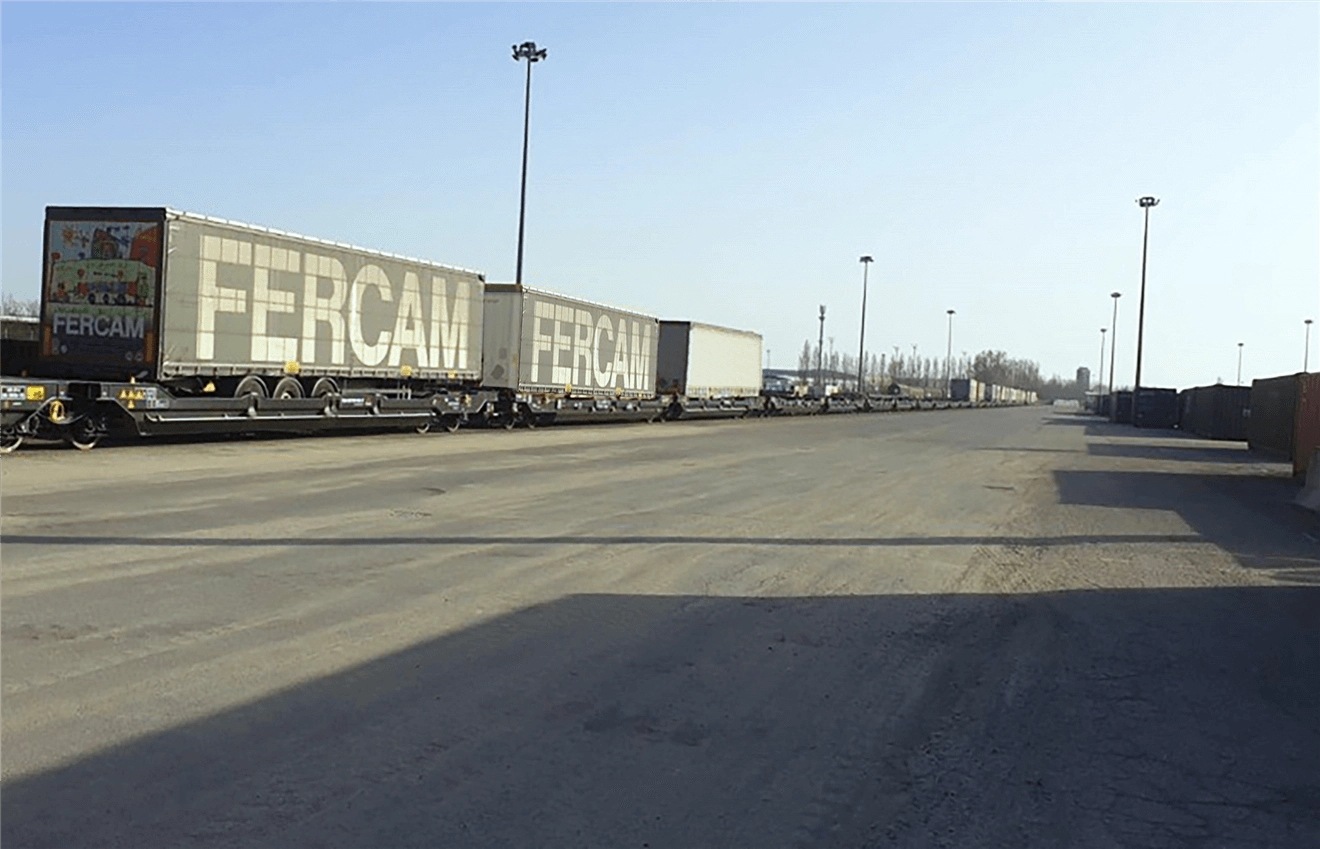Bologna - Cologne: new intermodal connection, for greener transport
From January 11th, a new intermodal line between Bologna Interporto and the north terminal of TKN in Cologne has been active. The establishment of the new section represents a good step forward for the extension of the European rail freight network. It is also relevant to support the eco-sustainable development of transport in the EU, in line with the goal of reducing the environmental impact of the sector in the near future. It is estimated that thanks to the conversion to rail travel, 28 thousand tons of CO2 can be saved compared to same length road transport. Bologna’s geographical location on the Italian territory makes it one of the most significant freight hubs, both nationally and internationally, and an increased range of options is certainly a benefit for logistics activities in the area.
The service is operated by TX Logistics, a Mercitalia group company specializing in international connections, which manages the transit of five pairs of trains per week at the Bologna freight village. The large volume P400 semitrailers can carry goods up to 3m in height and are designed for both rail and sea intermodal transport.
«Travelling by rail is the ideal solution to make transport more efficient, safe and eco-sustainable», says Hans Splendori, Sales Director for FERCAM Transport «this is why FERCAM was at the forefront and we immediately made use of the new line, making this new solution available for our customers. Since the beginning, the opportunity to reduce the road section of the intermodal journey, by getting closer to our main destinations in central Italy via rail, was very attractive».
A good alternative to the Verona intermodal hub, for better routing of goods, yet in need of some adjustments. Splendori explains: «the terminal in Bologna opens at 7 am, which unfortunately is not consistent with standard transport flows and with our customers’ logistics planning needs. In the morning, traffic jams are quickly formed, and so the unloading phase gets delayed. Then we end up being on the road at peak times, for the final leg of the journey. If our vehicles get stuck in traffic for hours, the greener choice of travelling by rail makes little difference. It would be enough to anticipate the morning opening by a few hours to allow a more fluid process and a better satisfaction of our customers’ the needs».
In its 2025 Strategy Plan, FERCAM has placed extensive attention on the search for more sustainable transport solutions, especially from an environmental point of view. «We firmly believe that increasingly relying on intermodal solutions can shift the axis towards a greener future of transport. This is why we ask to be able to collaborate with terminal management, to define suitable conditions for maximizing the investments made and making the service really valid and practicable», concludes the Sales Director.
























